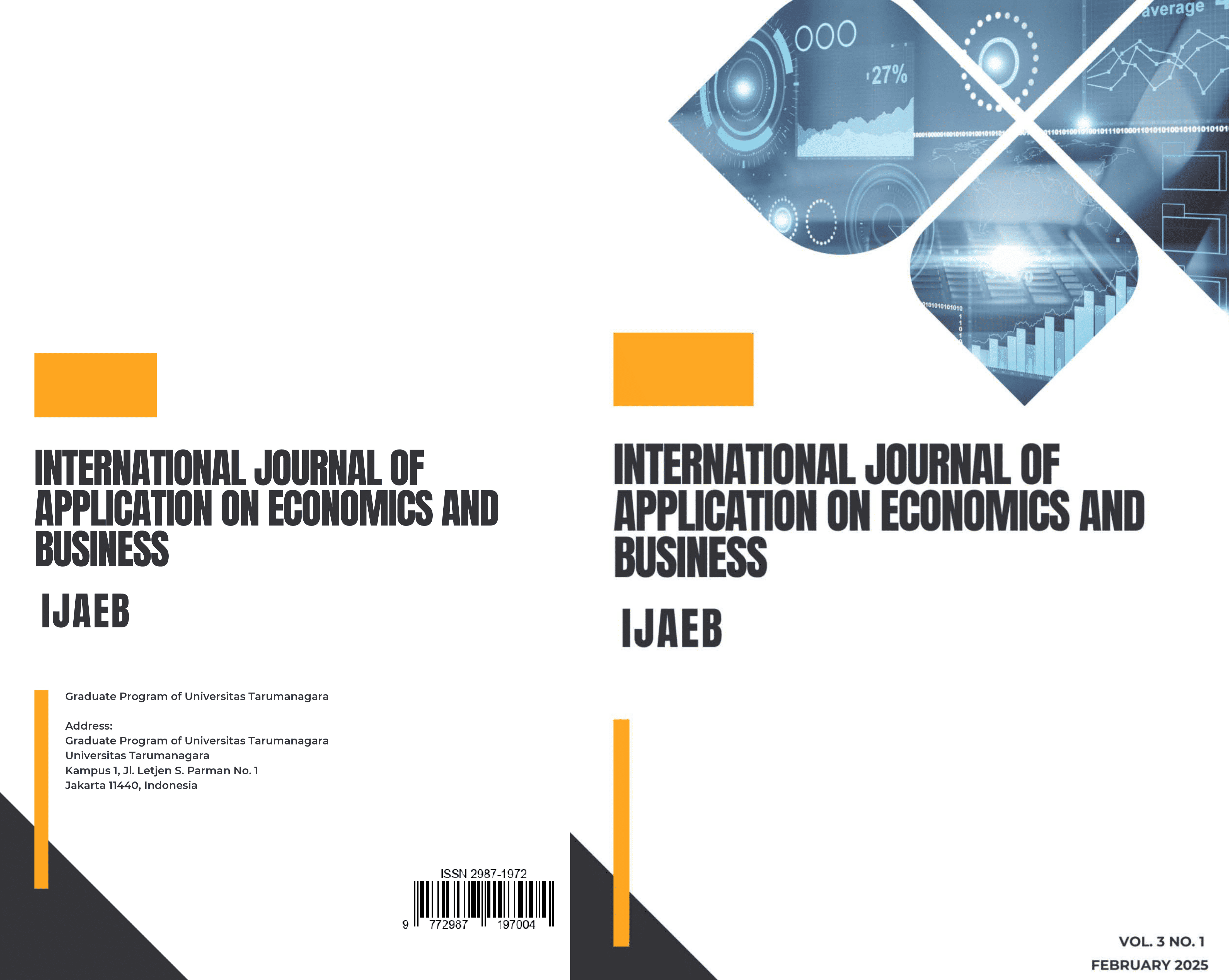INVESTIGATE THE DEMAND OF GREEN TALENTS OF SMART MACHINERY INDUSTRY IN SOUTHERN TAIWAN
Main Article Content
Abstract
Green talents play a key role in enterprises, especially when enterprises face the challenges of sustainable development and net zero emissions. For enterprises, the net zero emissions issues need to consider the relationship between environmental sustainability, social responsibility, and the enterprise's economic interests. The present study conducted questionnaire survey and in-depth interview to investigate the demand of green talents of smart machinery industry in southern Taiwan. According to the results of questionnaire survey and in-depth interview, the demand of green talents of smart machinery industry generally focuses on environmental safety and energy conservation managers. However, most enterprises do not have high demand for new green talents. Basically, most of the new manpower added by enterprises after transformation is based on existing personnel being sent out for training. In terms of operational function requirements. First of all, they focus on energy management, energy conservation, carbon reduction, and inventory. Secondly, information skills, communication skills, and legal aspects are also key knowledge. Most of the interviewed enterprises have no streamlined manpower planning in terms of promoting net zero emissions.
Article Details
Section

This work is licensed under a Creative Commons Attribution-NonCommercial-ShareAlike 4.0 International License.
This journal provides immediate open access to its content on the principle that making research freely available to the public supports a greater global exchange of knowledge.
IJAEB by Graduate Program of Universitas Tarumanagara is licensed under a Creative Commons Attribution-NonCommercial-ShareAlike 4.0 International License.. Permissions beyond the scope of this license may be available at https://journal.untar.ac.id/index.php/ijaeb
References
Adams, D., Ezell, S., & Schaffer, C. (2016). Fueling Economic Growth: The Role of U.S. Federal Investment in Energy Efficiency and Renewable Energy. Information Technology and Innovation Foundation.
Al-Ammarat, F. M., & Al-Mashaqaba, K. M. (2022). The impact of green jobs on the environment. International Journal of Intellectual Human Resource Management, 3(2), 20-26.
Beyer, H. L., Kennedy, E. V., & Blythe, J. L. (2021). Toward net zero emissions. Annual Review of Environment and Resources, 46, 1-30.
Eisenmenger, N., Pichler, M., Krenmayr, N., Noll, D., Plank, B., Schalmann, E., ... & Gingrich, S. (2020). The sustainable development goals prioritize economic growth over sustainable resource use: a critical reflection on the SDGs from a socio-ecological perspective. Sustainability Science, 15, 1101-1110.
Executive Yuan (2023), 111 Human Resources Survey Statistics, Comparison Table of the Employed Population in Various Industries in Yunlin, Chiayi, and Tainan (YCT) District in the past 3 years (in Chinese).
Hockerts, K., & Wüstenhagen, R. (2010). Greening Goliaths versus emerging Davids theorizing about the role of incumbents and new entrants in sustainable entrepreneurship. Journal of business venturing, 25(5), 481-492.
Li, T. T., Wang, K., Sueyoshi, T., & Wang, D. D. (2021). ESG: Research progress and future prospects. Sustainability, 13(21), 11663.
National Development Council (2021). Survey and estimation of talent supply and demand in key industries from 111 to 113 years (in Chinese).
Sterling, S., Ducharne, L., & Pollock, N. J. (2017). Preparing tomorrow’s STEM workforce: Learning gains from environment-based education. PLOS ONE, 12(2), e0168825.

